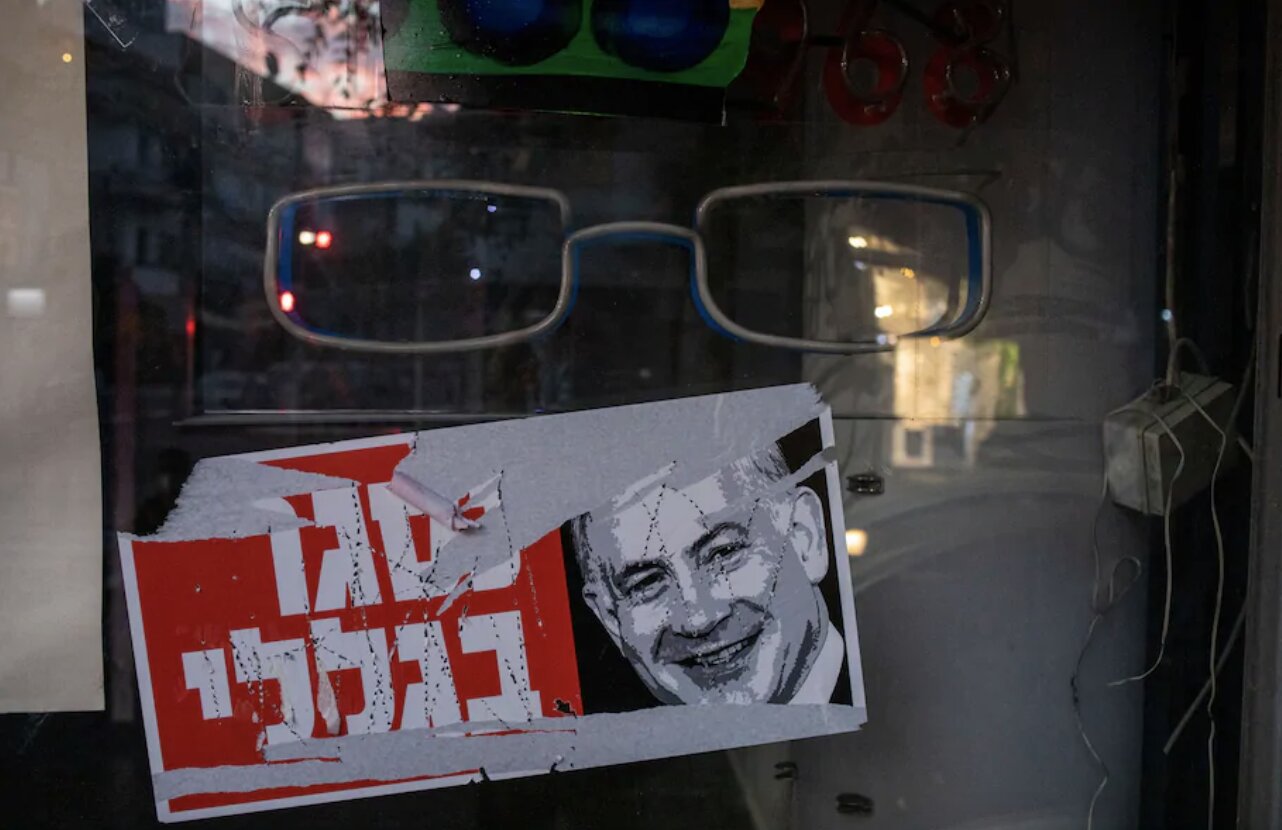Coronavirus lockdown 2.0 deepens divisions in Israel

By contrast, Israeli software maker Bizzabo, which operates in the hard-hit conference-management sector, quickly reinvented itself last spring by offering “virtual events.” It has more than doubled its sales and is expanding its workforce.
Such tales of boom and bust reflect Israel’s growing “digital divide.”
Even before the pandemic, Israel had one of the largest income gaps and poverty rates among developed economies, with a few high earners, mostly in the lucrative high-tech sector, while many Israelis barely get by as civil servants, in service industries or as small business owners.
Those gaps have widened as the second nationwide lockdown, imposed last month, dealt a new blow to an economy already hit hard by the first round of restrictions.
The fallout from the pandemic has also deepened long-simmering divisions among Israeli Jews, pitting a largely secular majority against a powerful ultra-Orthodox minority.
Prime Minister Benjamin Netanyahu, a target of months of mass protests over his perceived mishandling of the pandemic, has been seen as favoring his ultra-Orthodox partners at the expense of the greater good. In trying to contain the latest outbreaks, Netanyahu opted for an economically devastating blanket lockdown instead of targeted restrictions in infection hot spots, including many ultra-Orthodox communities, presumably to avoid upsetting his allies.
The deep tear in Israel’s social fabric prompted a warning from Israel’s figurehead president, Reuven Rivlin.
“I feel the air is full of gunpowder. I feel the fury on the streets,” Rivlin told parliament this week. “Israel’s tribalism is breaking out through the cracks, and accusatory fingers are pointed from one part of society to the other, one tribe to the other.”
Netanyahu initially won plaudits for his handling of the virus crisis, after he quickly sealed the border and imposed a lockdown, which appeared to bring the outbreak under control.
But the lockdown came at a great cost, pushing unemployment near 35% in April as hundreds of thousands were either laid off or furloughed, mainly in low-paying jobs such as retail, travel and hospitality.
Although most jobs gradually returned as the economy reopened, the caseload dramatically spiked in the fall, forcing the government to declare a second, open-ended lockdown last month. According to official figures, over 967,000 people, or almost a quarter of the work force, are again out of work.
